Going cashless: Benefits and Payback
The RFU’s move to offer cashless payment across its entire Twickenham complex has delivered significant operational, commercial and technological benefits.
As we countdown to our Twickenham Tech Day (scheduled for 5th April), TheStadiumBusiness caught up with the RFU’s Senior Project Manager, George Vaughan, who has overseen many of the technology innovations at the stadium during his career with the RFU.
ON THE CARDS

“Seven years ago, Twickenham had some 400 tills with only 20 per cent equipped for ‘chip and pin’ payments. Many areas of the stadium had no connectivity and card takings represented just eight per cent of matchday takings.
Although still the norm at most European stadiums, cash payments bring extra costs in terms of counting, banking and secure transportation – plus the issue of ‘variances’ (the polite term for lost monies that do not balance stock with income!) For a stadium the size of Twickenham the ‘variance’ could be significant.
Such variances have all but disappeared now, with the opening weekend of the Rugby World Cup 2015 recording a variance of just £130.
In February 2015, some 500+ contactless-enabled, cloud-based POS from AIT and running the revolutionary new Kappture system, were installed across Twickenham Stadium – making it at that time the UK’s biggest, fully contactless enabled stadium. By May 2015, the stadium was recording 33 per cent of all takings via card. In fact, contactless transactions have now overtaken ‘chip and pin’ payments across the bars and hospitality areas. Today, card sale across the stadium now account for over 50 per cent of all transactions.
FROM THE WEST CAR PARK
So, how did Twickenham embark on a complete overhaul of its POS installation? Was it part of a grand plan? Apparently not.
“Initially we were looking for a solution in the West Car Park. This area is part of Twickenham tradition but it lacked any connectivity with the main stadium,” explains Vaughan.
The RFU deployed a trial wireless POS solution for the West Car Park in September 2014 and the results were so impressive “we decided to roll it out across the whole stadium.”
RETAIL CONVENIENCE
However, Vaughan says, the key driver for offering card payments across the stadium was not cost-cutting but instead, fan convenience: “My focus was to replicate the retail experience our fans are already familiar with outside the stadium. It seemed ridiculous that when visitors came to Twickenham that they should have to step back in time and bring wads of cash when every other retail business is offering them card or event contactless payments.”
The speed of transaction is also a key benefit. The average cash payment typically requires 15 seconds to complete – including handling change, proffering receipts etc. A ‘chip and pin’ transaction can reduce that to between five and eight seconds. An offline contactless transaction can be as quick as two seconds.
“Contactless is the perfect fit for the stadium environment,” says Vaughan. “For recent fixtures we have been promoting contactless with giant flags, signage at all tills and lots of encouragement to ‘beat the queues’ by using contactless.”
Closing an event now takes hours, rather than days and the Twickenham management team receive real-time updates on sales across the complex with detailed analysis of product sales, revenues per zone and KPI data. The systems are so inter-connected that the management can identify where bar takings have fallen below the staffing costs and can close them and so reduce match day costs.
SPIN-OFF BENEFITS
There have also been some unexpected benefits from all this integration. Twickenham’s hospitality visitors were offered printed catalogues and paper order forms for matchday souvenirs and merchandise. The system was hardly efficient and certainly not compliant with PCI standards.
Today, the printed catalogues have been stopped (another plus for the environment and the margin) and the suites are equipped with a wireless, tablet-based solution, which showcases all the merchandise on offer. Clients can build their own shopping baskets for collection on site (or delivery to home) with a few clicks and the swipe, or tap, of a payment card. The system has produced a 45% increase in corporate hospitality sales in just a year – with the installation also landing two retail technology industry awards.
In fact, the installation has been toured by several major retailers keen to see how Twickenham works on a matchday. “It’s amazing to think that a few years ago stadiums were looking to retail for ideas and inspiration,” enthuses Vaughan. “Now, in the RFU’s case, it’s the other way around. Retailers are coming here to see best practice POS, payments and connected data.”
Vaughan also highlights two other benefits which are often overlooked by stadium operators. The first is the RFU’s adoption of a Pay As You Go (PAYG) model across its business. “It’s not something that has been looked at before but I believe there is a need to adopt a new model for our sector, based upon usage rather than fixed costs. We don’t operate in the same way as a traditional business so we should not be penalised by charges based upon an annual model. We have successfully negotiated this new model with our POS provider and are now extending it to other areas, with talks at an advanced stage with Worldpay.”
The second, rarely discussed subject is Dynamic Currency Conversion. DCC allows overseas visitors to choose to pay in their own currency in the merchandising stores or, in the case of Twickenham, the local pounds sterling currency. The revenues are divided between the acquirer, the foreign exchange and the venue – and the overseas visitor gets a better deal. For events like the Rugby World Cup or international fixtures, DCC can provide useful, often untapped additional benefits for everyone.
“Everything we do at Twickenham is about improving the fan experience and putting revenue back into the game.”
FUTURE DEVELOPMENTS
In March last year, the RFU trialled wristband payments with a stored-value RFID wristband in partnership with Diageo. Fans were encouraged to use the wristband – with £50 of credit costing only £45.
By May 2015, the RFU had integrated the POS data with the IPTV system (Triple Play) via a series of algorithms in the Revenue Marketing Engine™ (from Triple Jump Technologies). This allows the operational team to redirect fans via targeted messages (on screen and direct to device) from areas of queues – or those running low on stock – to other bars where they will be served more quickly.
“What we are testing now through a series of complex algorithms at the heart of the connected systems, is the facility to push messaging directly from collected, real time data via sales into the IPTV. So as an example, if a queue is forming on Level 1 and the tills are getting hammered, the screens will advise customers to go upstairs to Level 2 where there are no queues,” explains Vaughan.
At the recent England vs Ireland RBS 6 Nations international, the RFU trialled card payments for matchday programmes from the pop-up kiosks outside the stadium using Wi-Fi dongles and tablet POS devices.
In addition, the wearable tech – in effect, a “mobile phone till” strapped to the forearm – was trialled for the first time with a plan to roll it out to the 140+ hawkers who offer mobile beer dispensing on demand. “This gives us real time visibility of all hawking sales and allows us to push payments towards card in these areas for the first time. The plan,” explains Vaughan, “would be to provide the hawkers with real-time results on their efforts – encouraging a bit of competition between them to see who is selling the most, the fastest.”
TECH DAY – TWICKENHAM
“We’re very excited to be hosting TheStadiumBusiness Tech Day – Twickenham on 5th April. We’ve had a queue around the block since I spoke at both TheStadiumBusiness Summits in Barcelona and London last year. There is clearly an appetite to understand best practice and technology solutions to the matchday challenges.”
The RFU has teamed up with its technology partners to provide a fully-operational demo of its systems at the Tech Day – and to make it as interactive and immersive as possible.
“We have some new integrations and some other pilot projects on show in April – I can’t say too much right now, but we have only really begun on the journey to real-time, data-driven operations at Twickenham. We’re keen to show how we do it with our partners here at the stadium – but also to learn from others how they are tackling the same issues.
“We all share a common goal here. To make the visitor experience the very best it can be and to ensure that when fans come to our venue, they leave talking about what happened on the day rather than what didn’t.”
TheStadiumBusiness Tech Day – Twickenham on 5 April is open to all industry professionals. Full details and registration here.

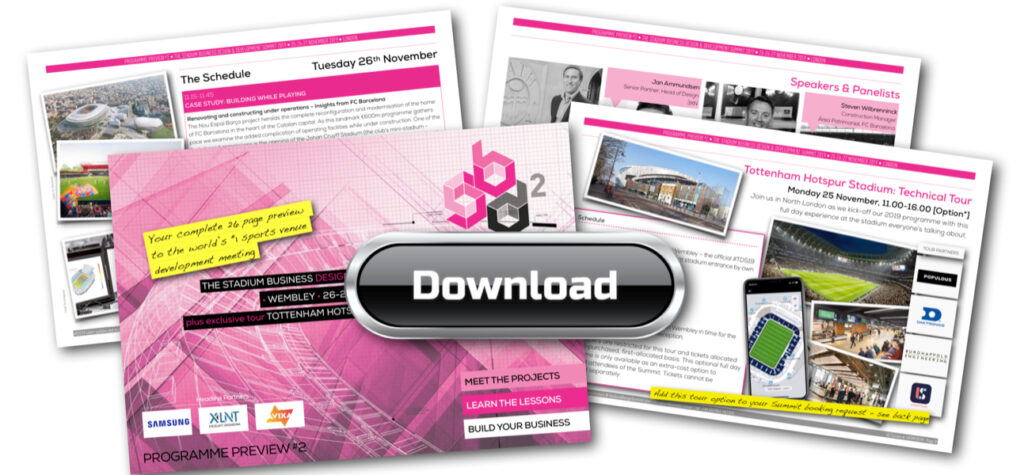


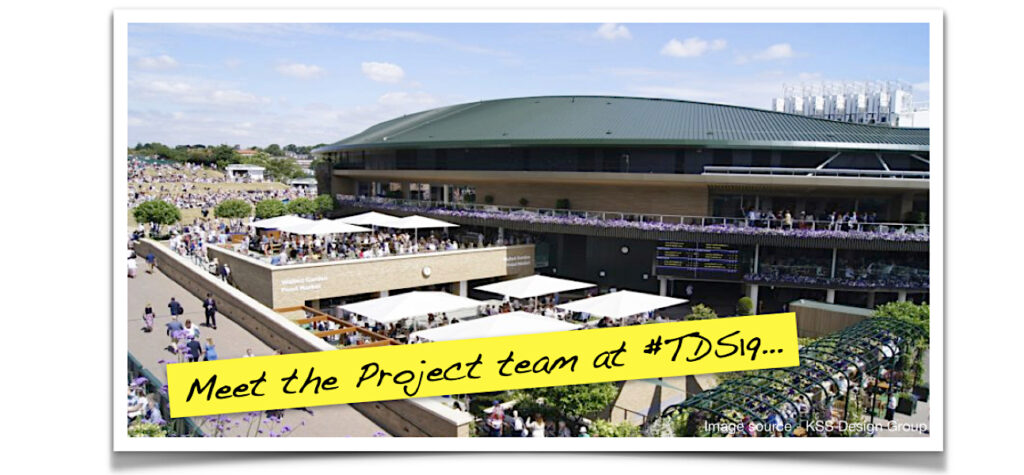
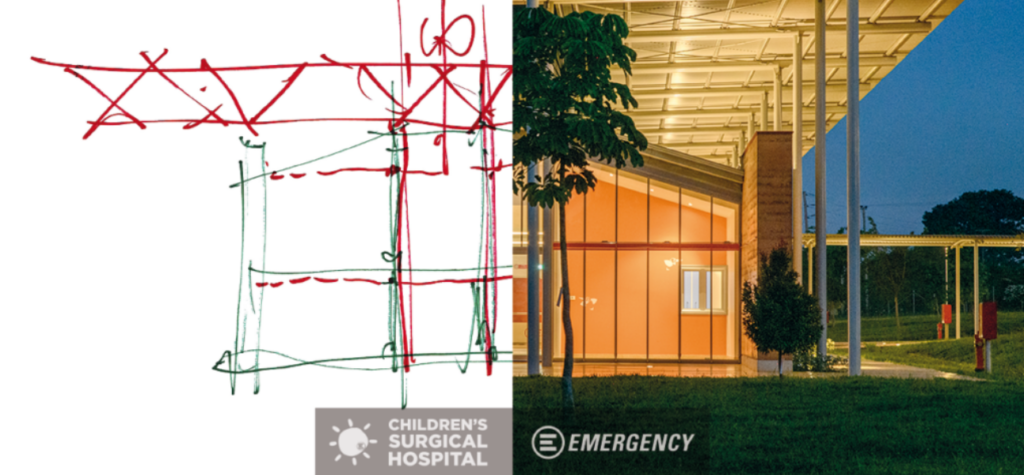


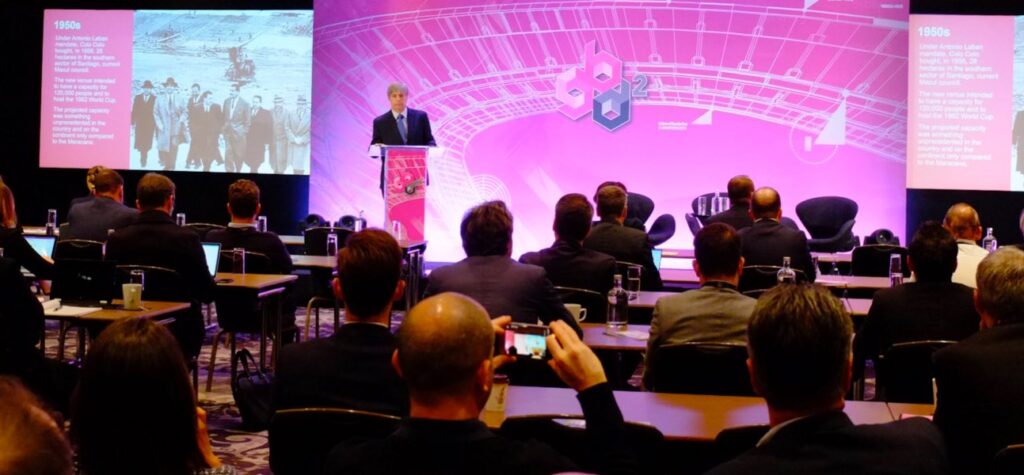
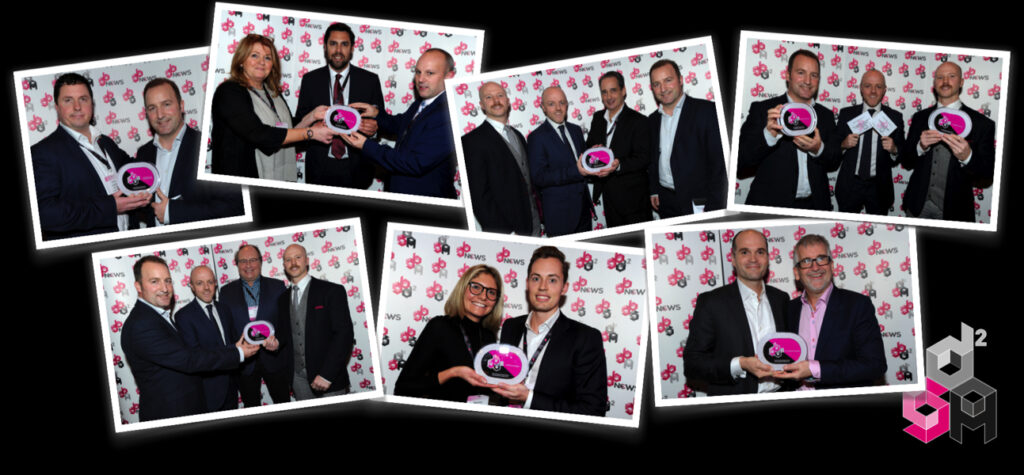
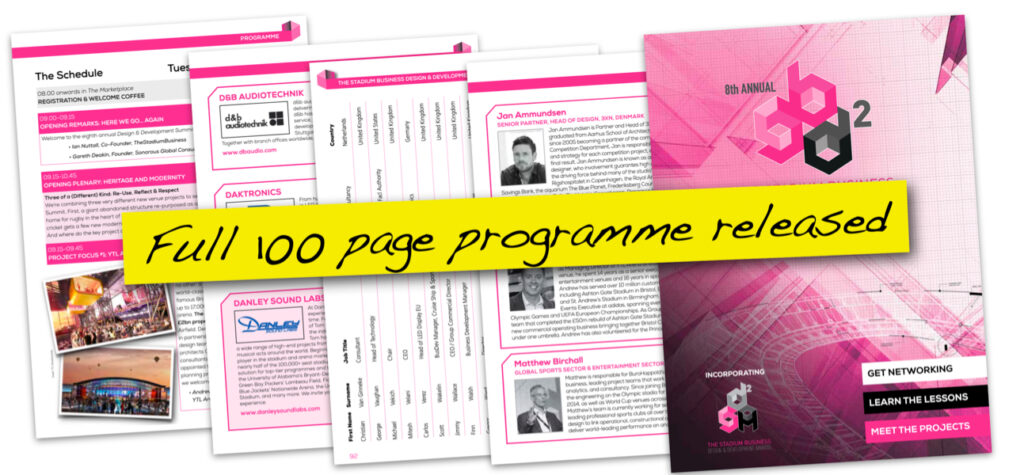
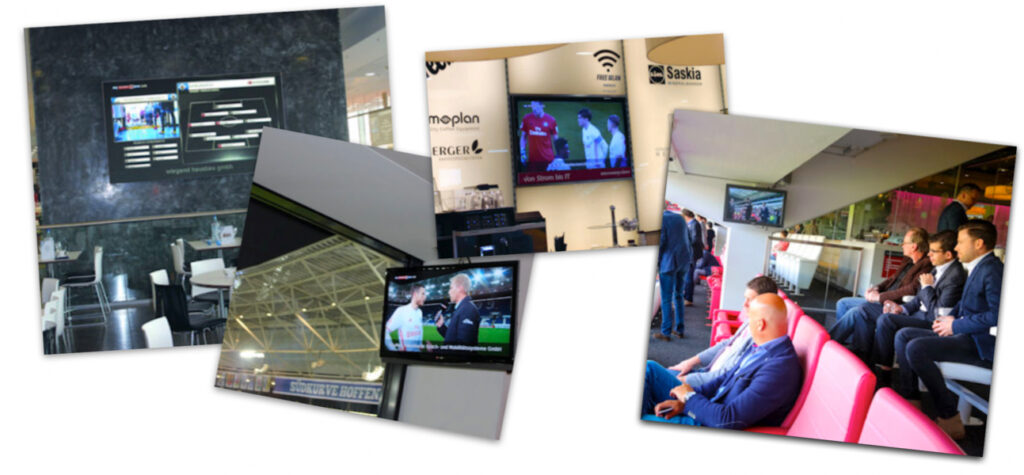

Share this